Galileo Galilei: The Revolutionary Scientist Who Redefined Our Universe
Galileo Galilei, a name synonymous with scientific revolution, was a pivotal figure in the transition from classical to modern science. Born on February 15, 1564, in Pisa, Italy, Galileo’s inventive mind and insatiable curiosity led to discoveries that transformed our understanding of the universe. In this first part of our in-depth exploration of Galileo’s life and contributions, we'll delve into his early years, groundbreaking experiments, and the enormous impact he had on the fields of astronomy and physics.
The Formative Years: A Prodigy in the Making
Galileo was born to Vincenzo Galilei and Giulia Ammannati in a family with a rich tradition in music. His father was a talented musician and music theorist, instilling in Galileo a passion for mathematics and reasoning. Although initially studying at the University of Pisa to become a physician, Galileo's interests soon veered towards mathematics and the sciences. His departure from medical studies marked the beginning of a journey into the realms of physics and astronomy that would change the course of history.
In 1589, Galileo attained the post of a mathematics professor at the University of Pisa. It was here that he began his critical studies. Contrary to the presumed findings of Aristotelian physics, Galileo embarked on a series of experiments on motion. His renowned investigation of falling objects from the Leaning Tower of Pisa disrupted centuries-old beliefs, showing that objects fall at the same rate regardless of their mass.
Galileo’s Revolutionary Inventions and Observations
Galileo’s inventions, notably the improved telescope, bore witness to his genius. In 1609, he learned of a simple telescope design and set about refining it to considerably magnify distant objects. With this new instrument, Galileo peered into the heavens with clarity unseen before, making celestial discoveries that undercut the Ptolemaic model of the universe, which posited Earth at the center.
In 1610, he published "Sidereus Nuncius" (Starry Messenger), detailing observations such as the rugged lunar surface, debunking the belief in perfect celestial spheres. He discovered the four largest moons of Jupiter, now known as the Galilean moons: Io, Europa, Ganymede, and Callisto. This phenomenal discovery provided persuasive support for Copernican heliocentrism, as it showed celestial bodies orbiting a planet other than Earth.
Additionally, Galileo studied the phases of Venus, presenting further evidence against the geocentric model. Coupled with observations of sunspots and the rotation of the Sun, Galileo’s work suggested a dynamic and imperfect cosmos, far removed from the serene, unchanging heavens of Aristotle and Ptolemy.
The Clash with Conventional Thought
Despite Galileo's groundbreaking discoveries, his findings were not universally welcomed. The Catholic Church, adhering to the geocentric model, regarded this assertion challenging both its doctrinal stance and its intellectual authority. For Galileo, embracing and advocating the Copernican model was a courageous, albeit risky, pursuit of truth over doctrine.
In 1616, the Church indexed Copernican theory as formally heretical. However, Galileo continued to support it through indirect discussions rather than explicit declarations. He composed "The Assayer," a masterful work on scientific methodology, emphasizing the necessity of mathematics as the language of science and reasserting his dedication to scientific inquiry over dogma.
By 1632, Galileo published "Dialogue Concerning the Two Chief World Systems," which fortified his support for heliocentrism while cleverly discussing theological implications. The publication's impact was profound but ultimately led to an encounter with the Inquisition. In 1633, Galileo was tried for heresy, forced to recant his findings, and placed under house arrest for the remainder of his life. Despite this setback, his insights continued to ignite the imaginations of scholars and the expansion of scientific thought.
In this first examination of Galileo's life, we see a man not only shaped by deep intellectual curiosity but also by a persistent challenge to orthodoxy. His endeavors in telescopic innovation and celestial observation raised questions that would reverberate through centuries, laying the groundwork for modern cosmology. The profound effect of Galileo’s pioneering spirit is just the beginning of understanding his legacy—a tale we will continue in the next section.
Galileo's Legacy in Physics: Laying the Foundations of Modern Mechanics
Galileo's contributions to physics are as revolutionary as his astronomical discoveries. His profound insights laid the groundwork for classical mechanics, setting the stage for later scientists like Isaac Newton to build upon. This part of the article explores how Galileo’s pioneering work in motion, force, and mechanics forged a new understanding of the physical world.
Central to Galileo's physics was his paradigm-shifting concept of inertia, which challenged Aristotelian physics. Aristotelian thought posited that a force was necessary to maintain motion; however, Galileo’s experiments, particularly his inclined plane experiments, demonstrated that in the absence of friction and external forces, an object in motion would remain in constant, unaccelerated motion. This was a radical departure from the traditional view and a cornerstone of Newton's first law of motion.
Galileo also advanced the concept of acceleration. By meticulously measuring the distance traveled by a rolling ball down an inclined plane at regular time intervals, he elucidated the principle of uniformly accelerated motion. His quantification of acceleration, where he famously articulated that the speed increased in proportion to time elapsed, defied conventional wisdom and directly contributed to the development of kinematics.
One of Galileo’s most significant achievements in physics was the study of projectile motion. By applying his understanding of motion and inertia, Galileo proposed that projectiles follow a parabolic trajectory—a realization that would eventually lead to important advancements in ballistics and mechanics. His insights into the decomposition of motion into horizontal and vertical components underpins much of our contemporary physics and engineering principles.
Galileo the Astronomer: Unveiling the Cosmos
In addition to his groundbreaking work in mechanics, Galileo’s contributions to astronomy reshaped our vision of the cosmos. His telescopic observations not only supported the heliocentric model but also opened new vistas for understanding the universe's complexity.
Galileo's studies of the Moon’s surface were instrumental. Contrary to the belief in celestial perfection, he discovered mountains, craters, and valleys, revealing that the Moon shared similarities with the Earth. This finding was a significant step in breaking the dogma of celestial bodies being flawless and immutable.
The observation of Jupiter’s moons enabled Galileo to demonstrate a miniature representation of the heliocentric model. The fact that these moons revolved around Jupiter challenged pre-existing notions of geocentricism and illustrated that not all celestial bodies orbited the Earth. This reinforced the argument that Earth's placement in the universe was not unique, a notion that was initially met with resistance but ultimately acknowledged as a major paradigm shift in astronomy.
Further, Galileo’s detailed observations of sunspots undermined the age-old belief in the incorruptibility of the heavens. By systematically recording the movement of these dark patches across the solar surface, he not only supported the idea of celestial imperfection but also provided valuable data on solar rotation and activity.
Perhaps most compelling was his observation of the phases of Venus. Similar to the Moon's phases, he found Venus exhibited phases, which could only occur if Venus orbited the Sun, a monumental confirmation of the Copernican system.
Galileo's Final Years and His Enduring Influence
Galileo spent his final years under house arrest, a sentence handed down by the Roman Inquisition as a consequence of his relentless support for heliocentrism. Although his movements were restricted, Galileo continued to work, focusing on less controversial topics such as engineering principles and materials strength.
Even amid personal adversity, Galileo’s intellectual resilience shone through. During this time, he wrote "Discourses and Mathematical Demonstrations Relating to Two New Sciences," a foundational text in physics that summed up his life's work in kinematics and material strength. This text propagated the seeds of modern physics, influencing future generations of scientists and thinkers.
Galileo passed away on January 8, 1642, in Arcetri, near Florence. His passing marked the end of an era but also laid the cornerstone for modern science. Despite initial resistance, his methods of systematic observation, mathematical analysis, and empirical evidence prevailed, deeply embedding themselves in the scientific method.
The shadow of Galileo's inquisitive spirit looms large even today. His daring vision and methodological innovations paved the way for modern science, prompting humankind to question, observe, and understand the natural world beyond prejudiced dogmas and unchallenged beliefs. His legacy is foundational—a perpetual testament to the power of scientific thought and discovery.
In this continuation of Galileo’s story, we’ve navigated his profound impact on astronomy and physics, illustrating how his legacy transcended the controversy it once brewed. The enduring significance of his work not only empowered further scientific explorations but also fostered a spirit of inquiry and skepticism essential for progress in our understanding of the universe. In the final section of this article, we will explore Galileo's broader cultural and intellectual impact, as well as how his life and work are viewed in the context of modern science.
Galileo's Cultural and Philosophical Impact: Reason Over Dogma
Galileo Galilei's scientific achievements cannot be isolated from their broader cultural and philosophical impact. As a figure who boldly navigated the tumultuous waters of Renaissance thought, Galileo became a symbol of the triumph of reason over dogma. In this final section, we explore how his legacy extends beyond science, into the realms of philosophy, culture, and modern scientific inquiry.
Galileo's insistence on empirical evidence and mathematical logic reshaped the philosophical landscape of his time. By challenging the Aristotelian orthodoxy, Galileo spearheaded a shift from qualitative to quantitative analysis, which became a foundational aspect of the Scientific Revolution. His work encouraged the application of critical thinking, questioning long-held beliefs, and paved the way for the Enlightenment—a period where reason became the primary source of authority and legitimacy.
Reflecting on Galileo's philosophical influence necessitates examining his relationship with the Church. The tension between his scientific pursuits and religious doctrines highlights a historical intersection between faith and reason. Despite facing persecution, Galileo believed that science and religion could coexist, famously asserting, “The Bible shows the way to go to heaven, not the way the heavens go.” His perspective fosters an enduring debate about the compatibility of science and religion, a discourse that continues to evolve in contemporary society.
Galileo’s Legacy in Education and Modern Science
Today, Galileo is celebrated as a father of modern observational astronomy, a pioneer of the scientific method, and, importantly, an advocate for education. His legacy in education manifests through his revolutionary approach to teaching and methodology. Galileo’s ability to make complex ideas accessible and his emphasis on experiential learning inspired educators to instill inquiry-based approaches, a practice that remains vital in teaching science across the globe.
In modern science, Galileo's influence permeates through multiple disciplines. The concept of systematic experimentation that he championed is a hallmark of the scientific method used extensively in contemporary research. His telescopic discoveries encouraged scientists to continuously enhance observational technologies, paving the way for modern astronomy's incredible feats, such as the Hubble Space Telescope and space exploration missions.
As a physicist, Galileo's contributions laid critical groundwork for Newtonian physics, culminating in the laws of motion and universal gravitation that govern planetary orbits. His breakthroughs in kinematics and dynamics serve as foundational concepts in engineering and physics curricula, underscoring his enduring relevance.
Furthermore, Galileo's life and work embody the importance of intellectual freedom and resilience in the pursuit of scientific truth. His steadfast commitment to his discoveries, despite external pressures, serves as an inspiration to scientists and thinkers worldwide. This legacy championed the notion that truth must be pursued even in the face of adversity, a value deeply embedded in the scientific ethos.
The Continuing Relevance of Galileo’s Vision
As we conclude this exploration of Galileo Galilei's life and accomplishments, it is clear that his influence extends far beyond his era. Galileo's life story echoes an enduring struggle between innovation and convention, challenging the status quo to illuminate new pathways of understanding. His endeavors illustrate the transformative power of curiosity and the relentless quest for knowledge, encouraging contemporary society to embrace a similar spirit of inquiry.
In popular culture, Galileo has become an emblem of scientific courage and ingenuity. References to his life abound in literature, music, and film, attesting to his lasting impact on the collective human consciousness. His narrative intertwines with broader themes of scientific controversy and innovation, reminding us of the fragile balance between skepticism and acceptance.
Moreover, the legacy of Galileo prompts ongoing dialogue about the role of science in shaping policy and decision-making. As societies face complex challenges like climate change, public health crises, and technological advancement, Galileo’s emphasis on empirical evidence and reasoned analysis highlights the crucial role science plays in informed governance and societal progress.
Galileo’s life serves as a testament to the enduring power of scientific exploration and its potential to transform worldviews. As we venture further into the mysteries of the cosmos and the intricacies of nature, let us draw inspiration from Galileo's relentless pursuit of truth, aspiring to explore with authenticity, courage, and a commitment to better understanding our universe. His story—rich with discovery, controversy, and perseverance—remains a beacon guiding the quest for knowledge, illuminating the path to future scientific revolutions.

:max_bytes(150000):strip_icc()/galileo-5bf2ecef46e0fb005117b4e3.png)

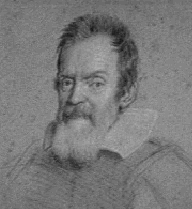



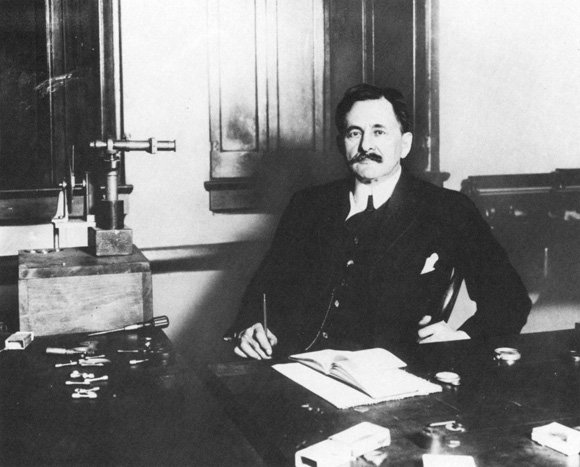
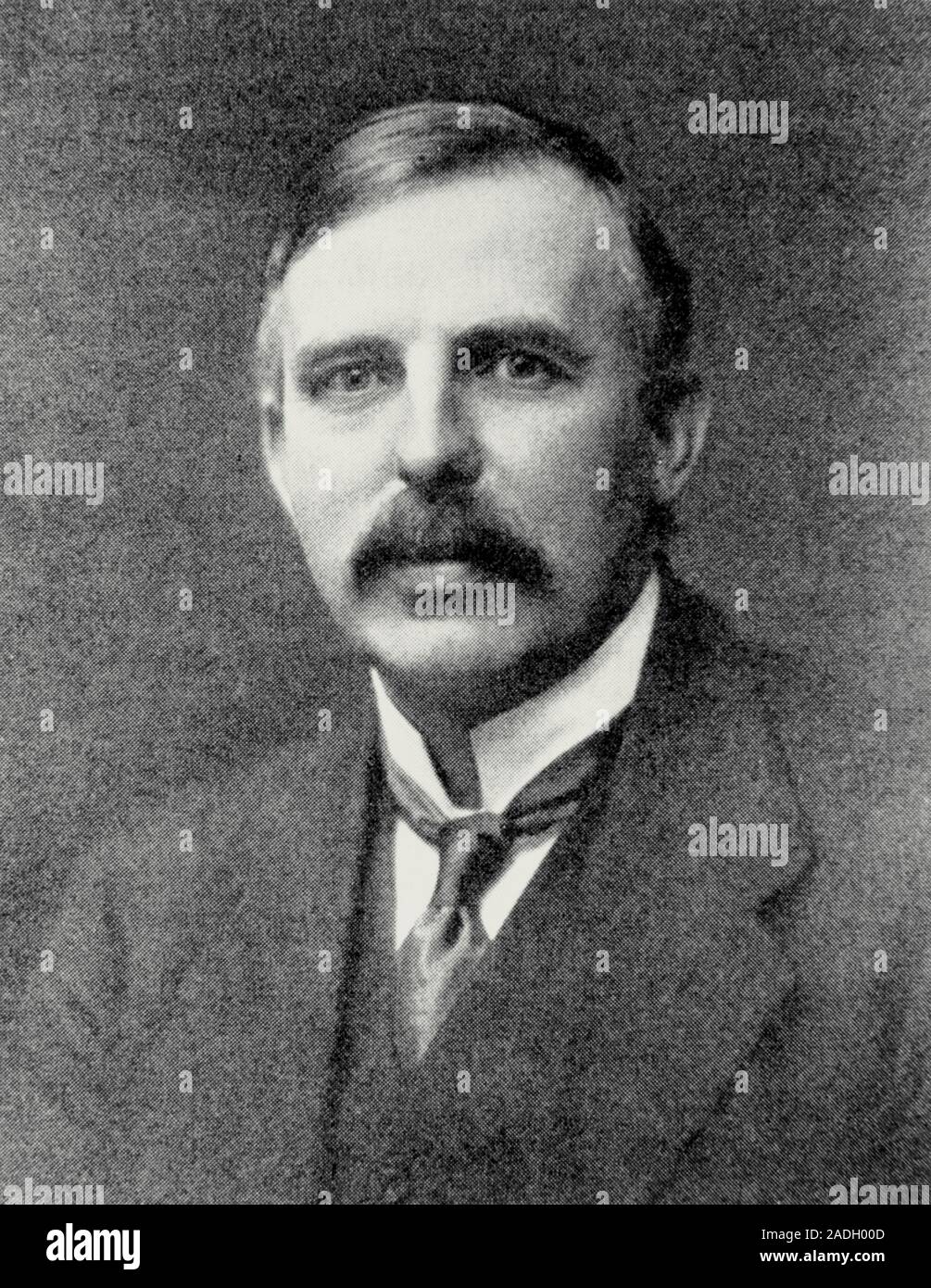

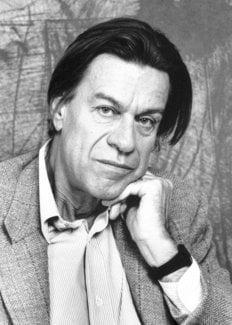


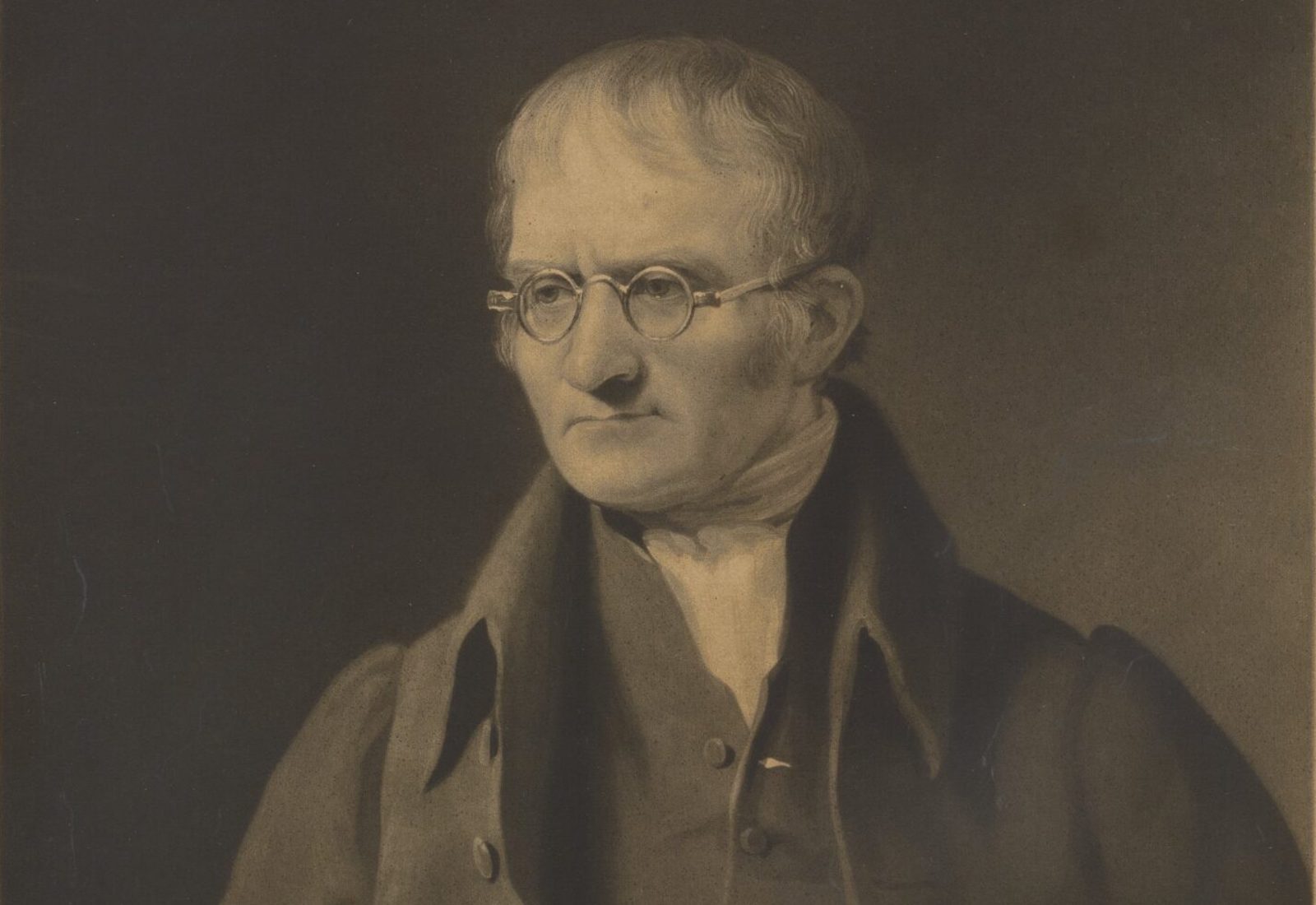
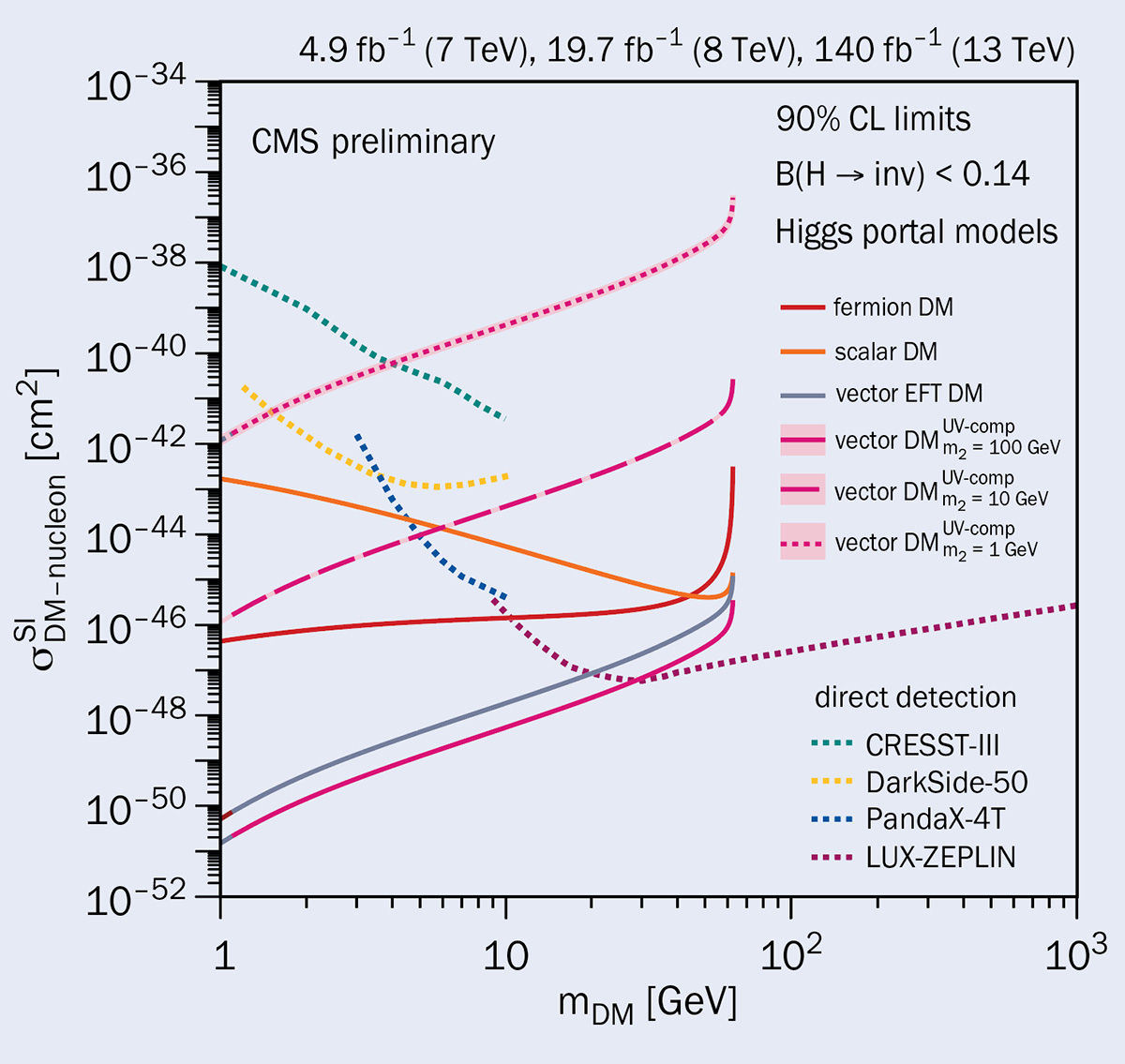








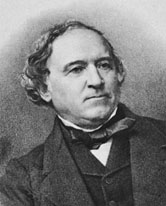

Comments